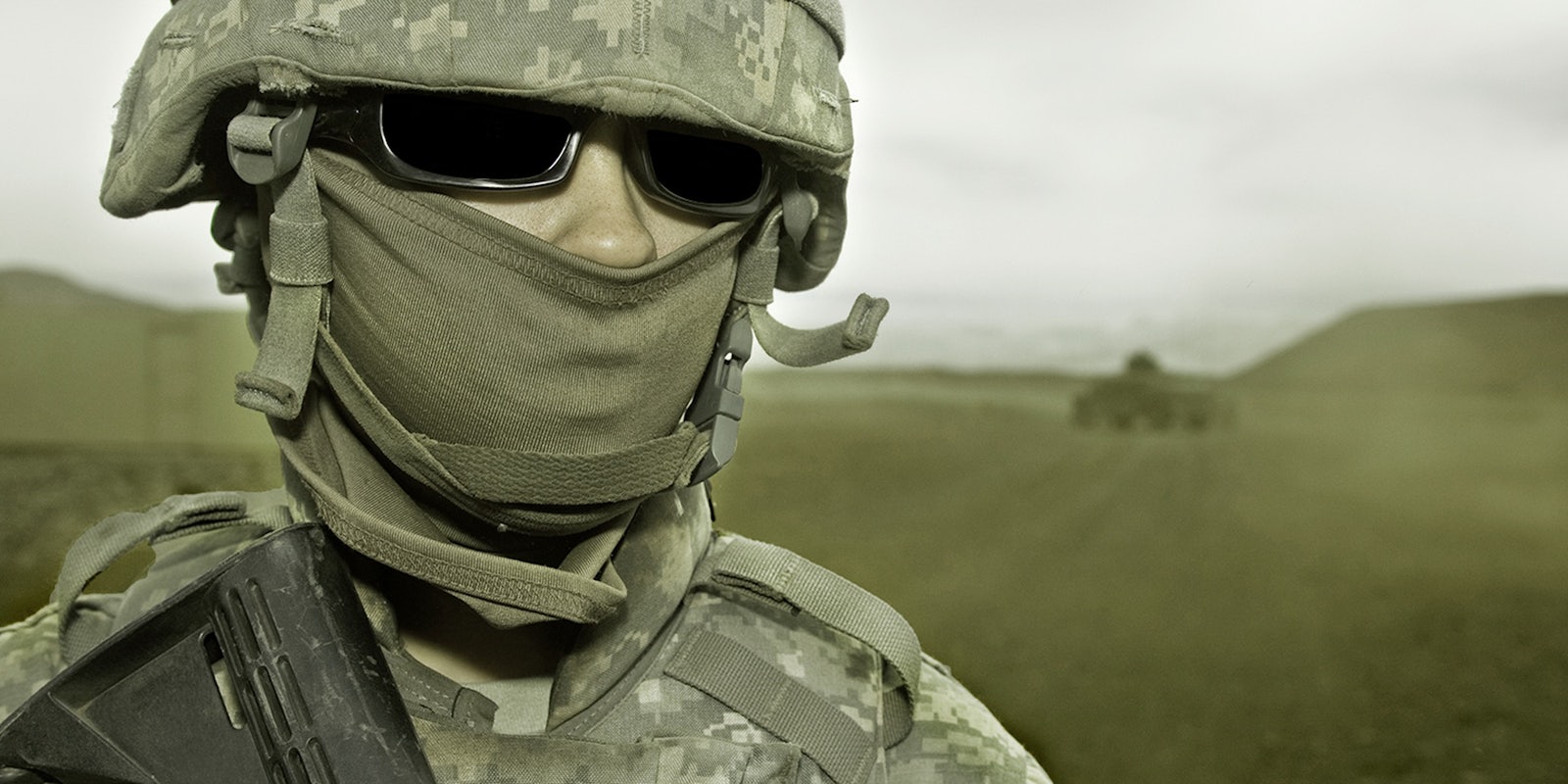Guns and bombs are one thing. A real 21st century military wants to be able to fight effectively on social media as well.
U.S. Special Operations Command (SOCOM) is now looking closely at how to fight modern wars on social media as part of psychological warfare, known officially as military information support operations.
National Defense magazine, published by the military-industrial partnership National Defense Industrial Association, spoke to Tony Davis, SOCOM’s science and technology director, about the coming social media wars.
“How do we step up our game in social media influence [and] understanding public sentiment?” Davis asked on Wednesday at the Special Operations Forces Industry Conference.
“There’s been a lot of press about how successful … ISIS has been in recruiting and other things and how limited the government’s capability is to counteract those,” he said. “We’re also trying to increase the [Special Forces] ability to understand our environment and interacting with those social media tools as successfully as we can.”
Social media and war are increasingly intertwined.
Even today, the world’s fiercest battles are playing out almost live on Facebook, YouTube, Twitter, Reddit, and a host of other platforms. Just going online, you can keep up with the American-backed invasion of Fallujah and track the devastation of the Ukrainian crisis.
It’s not clear exactly how the American command plans to enter the social media fray—SOCOM did not respond to our request for comment in time for publication—but they won’t be the first to do so.
Besides the Islamic State’s recruiting and propaganda efforts, the Chinese have an extraordinarily powerful social media propaganda operation pumping out nearly 500 million posts per year. Russian “troll farms” are highly active spreading Kremlin-favored views across the Western world.
SOCOM itself—by definition more of a niche operator—wouldn’t operate on such a broad scale.
Still, the existing precedents for social media warfare raise immediate questions about such propaganda’s compatibility with the U.S.’s democratic values.


